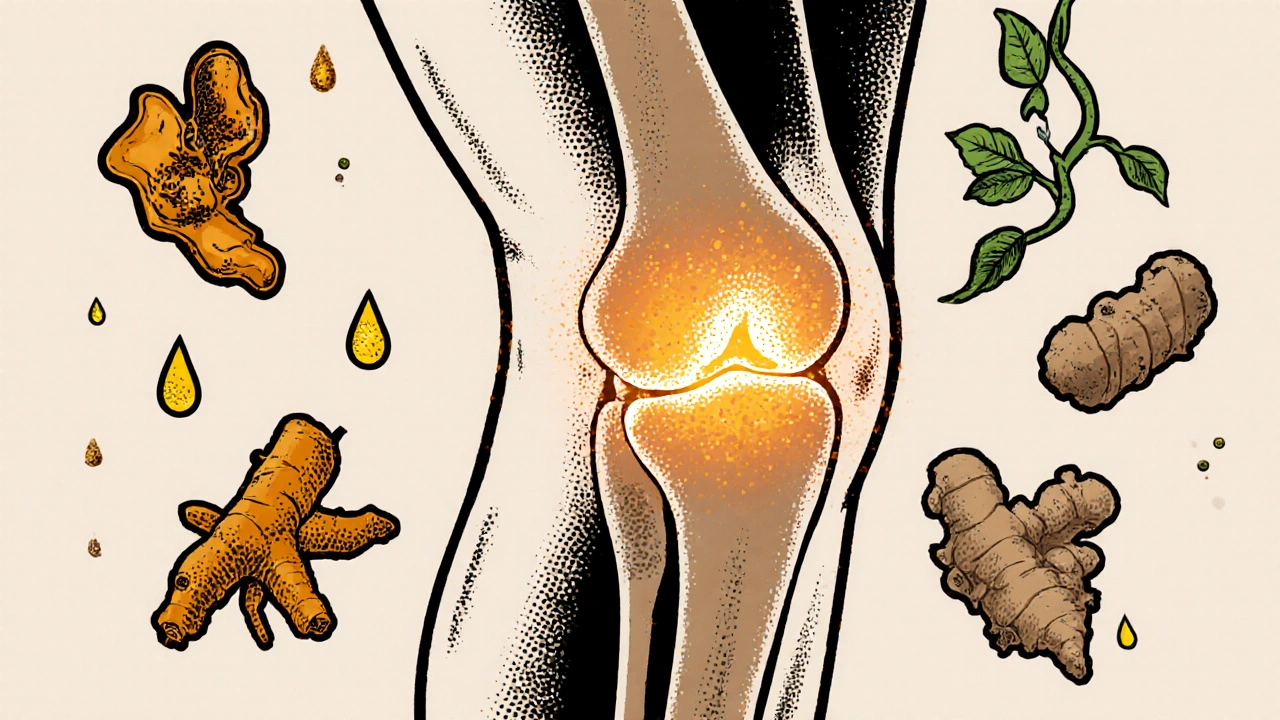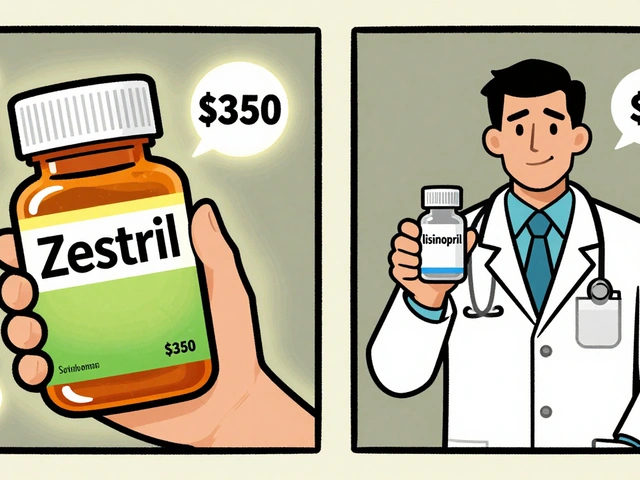Natural Anti-Inflammatory: What Works, What Doesn't, and What You Need to Know
When you hear natural anti-inflammatory, a substance or food that reduces inflammation in the body without prescription drugs. Also known as herbal anti-inflammatory, it’s often promoted as a safer alternative to NSAIDs like ibuprofen—but not all of them deliver what they promise. Inflammation isn’t always bad. It’s your body’s way of healing after injury or fighting infection. But when it sticks around too long—chronic inflammation—it’s linked to arthritis, heart disease, and even depression. That’s why people turn to turmeric, a spice containing curcumin, one of the most studied natural compounds for reducing inflammation, or omega-3 fatty acids, found in fish oil and flaxseed, known to lower inflammatory markers like CRP. But here’s the catch: just because something is natural doesn’t mean it’s effective at the doses people take.
Take ginger, a root used for centuries to ease joint pain and digestive upset. Studies show it can reduce knee pain in osteoarthritis patients, but only when taken daily in high enough doses—around 1,000 mg of extract. Most tea bags or powdered supplements you buy at the store contain way less. Same with boswellia, an extract from frankincense resin, shown in clinical trials to help with joint stiffness. It works, but only if you’re getting the right concentration. Many products cut corners. And while some people swear by apple cider vinegar or garlic, there’s almost no solid human data backing those claims. The real winners? Turmeric (with black pepper to boost absorption), fish oil with at least 1,000 mg EPA/DHA, and ginger in standardized form. These aren’t magic bullets, but they’ve been tested in real people, not just test tubes.
What you won’t find in most blogs? The fact that natural anti-inflammatories can still interact with your meds. Turmeric can thin your blood, which is risky if you’re on warfarin. Omega-3s can lower blood pressure too much if you’re already taking pills for it. And while we’re talking about safety, remember that supplements aren’t regulated like drugs. One bottle of turmeric might have 95% curcumin; another might be 5% and mostly filler. That’s why you need to look for third-party tested brands—USP, NSF, or ConsumerLab labels. You’re not just buying a product. You’re buying consistency, purity, and real science.
There’s no one-size-fits-all fix. What helps your arthritis might do nothing for your gut inflammation. And while some people feel better switching from ibuprofen to turmeric, others need stronger tools. That’s why the posts below cover real cases: how prednisone affects mood, how NSAIDs build up in kidney disease, how gout triggers immune inflammation, and how even common heartburn drugs like omeprazole can mess with your body’s natural balance. These aren’t just side effects—they’re clues to how inflammation works under the hood. You’ll find practical advice on what actually works, what’s overhyped, and how to talk to your doctor about blending natural options with your current treatment. No fluff. Just what you need to make smarter choices.

Shallaki (Boswellic Acid) offers natural joint pain relief with fewer side effects than NSAIDs. Compare its effectiveness against turmeric, ginger, Devil’s Claw, and collagen to find the best option for chronic inflammation.
Continue Reading





